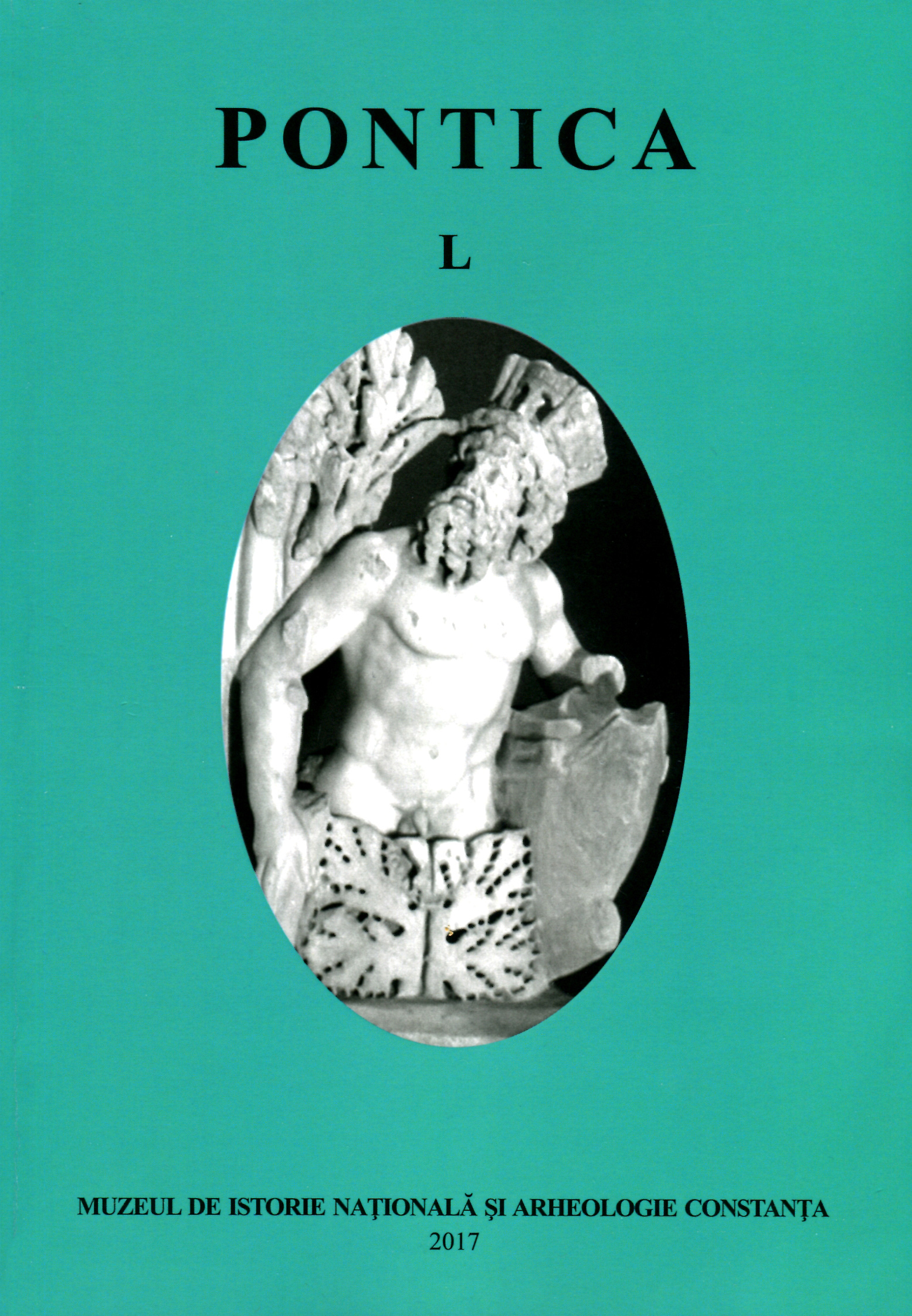Monede, castre şi schimburi comerciale în Peninsula Balcanică (sec. VI- începutul sec. VII)
Coins, Castra and Commercial Exchange in the Balkan Peninsula (6thcentury – early 7th century)
Author(s): Florin Curta Subject(s): History, Anthropology, Social Sciences, Archaeology, Cultural history, Ancient World
Published by: Muzeul de Istorie Națională și Arheologie Constanța
Keywords: Coins; amphorae; quaestura exercitus; trade; hilltop sites; Balkans;
Summary/Abstract: The recent discussions surrounding the nature and character of the hilltop, fortified sites in the 6th- and early 7th-century Balkans have focused primarily on economic issues. Prominent in those discussions have been the rural character of the occupation of those forts, while over the last few years, the emphasis has shifted to the implications of the introduction in 536 of a new administrative unit called quaestura exercitus. It is therefore surprising that the numismatic evidence has so far played a minor role in those debates. Although there is by now a well-established tradition of studying 6th- and 7th-century coin hoards, single coins finds have received little, if any attention. This is partly because such finds have been almost exclusively used for the dating of various occupation or building phases, but a key element in understanding why single coins have been neglected is their poor publication—either without the necessary numismatic information (denomination and mint) or without the archaeological context.However, when examining the few cases in which coins with proper numismatic identification have been published together with a detailed description of the archaeological context in which they have been found, a number of features become clear, which can have a great significance for the discussion of the nature of the 6th-century forts in the Balkans.Monetary exchanges took place in the economic conditions set by the conspicuous absence of a local agricultural production and the heavy reliance on shipments of food and other goods by means of the annona, a system organized and monitored by the state.
Journal: Pontica
- Issue Year: 2017
- Issue No: 50
- Page Range: 49-70
- Page Count: 22
- Language: Romanian

